On Friday, he was a witness in the Epic Games vs. The CEO of the defendant company Tim Cook himself was present at Apple. He defended the security of the App Store and its convenience for users, however, he also stated that it directly competes with consoles. It is also true that he squirmed as much as he could under the fire of the judge's questions.
Complications - that's what Cook called the situation that would arise in the presence of the developer's own invoicing process. Not for Apple or developers though, but for users. You would have to pay each developer through their gateway, provide each with their data, etc. It would be a huge problem for downloading apps and their additional content, and there would be a lot of room for fraud. While Cook didn't say it outright, the inference is that various developers may be using insufficient payment processing protections.
It could be interest you
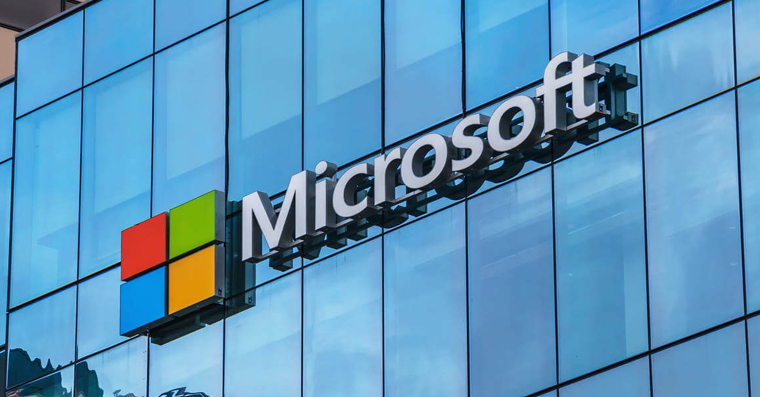
Interrogation directly from the judge
Cook was scheduled to be in court for an hour and a half. Apart from Epic's testimony and cross-examination, presiding judge Yvonne Gonzalez Rogers herself turned to him rather surprisingly. She "grilled" him for a whole 10 minutes, when it was said that it was clear from Cook that he was not being asked questions directly at will. In addition, the judge has not done so in previous testimonies.
"You said you want to give users control, so what's the problem with giving users access to cheaper content?" Judge Cook asked. He objected that users have a choice between many models - for example Android and iPhone. When asked why Apple won't allow cheaper in-game currency purchases outside of the App Store, he said that Apple needs to get a return on its investment in intellectual property. That's why he also charges a 30% commission on purchases.
It could be interest you

“If we allowed developers to link like this and bypass the App Store, we would be giving up all monetization. We have 150K APIs to maintain, many developer tools and full processing fees,” Cook said. But the judge objected with a rather sharp statement that it looks as if the game industry subsidizes other applications present in the App Store.
But in a sense it is true, because a free app that does not contain microtransactions will certainly consume some "work", but it is paid for by Apple. From what? Probably from commissions paid to him by others. We're not considering a developer fee here, even if it would cover the cost, because we don't know how high it is. Cook added to this: "of course there are other monetization methods, but we chose this one because we think it's the better one."
It could be interest you
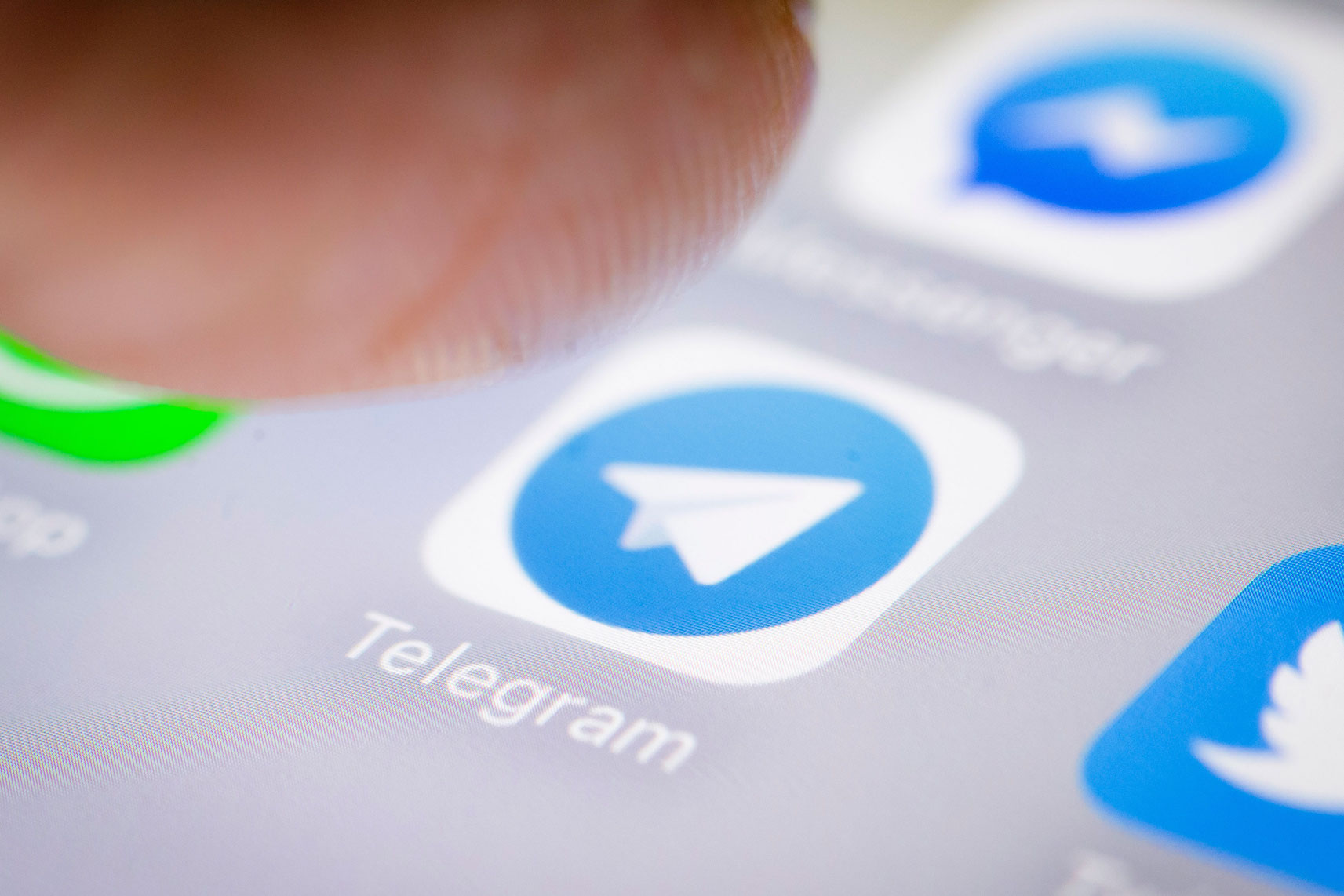
Not a console, like a console, Time
You can read a comprehensive transcript of the makeover in English on the website 9to5Mac. We will dwell on one more point. At one point, Gonzalez Rogers asked Cook if she agreed with the claim of good competition in the gaming field, although she specifically mentioned that she did not mean the console ones. Cook responded by stating that Apple does have tough competition and that he disagreed that console games should not be part of it. He stated that Apple competes with both the Xbox and, for example, the Nintendo Switch.
It could be interest you
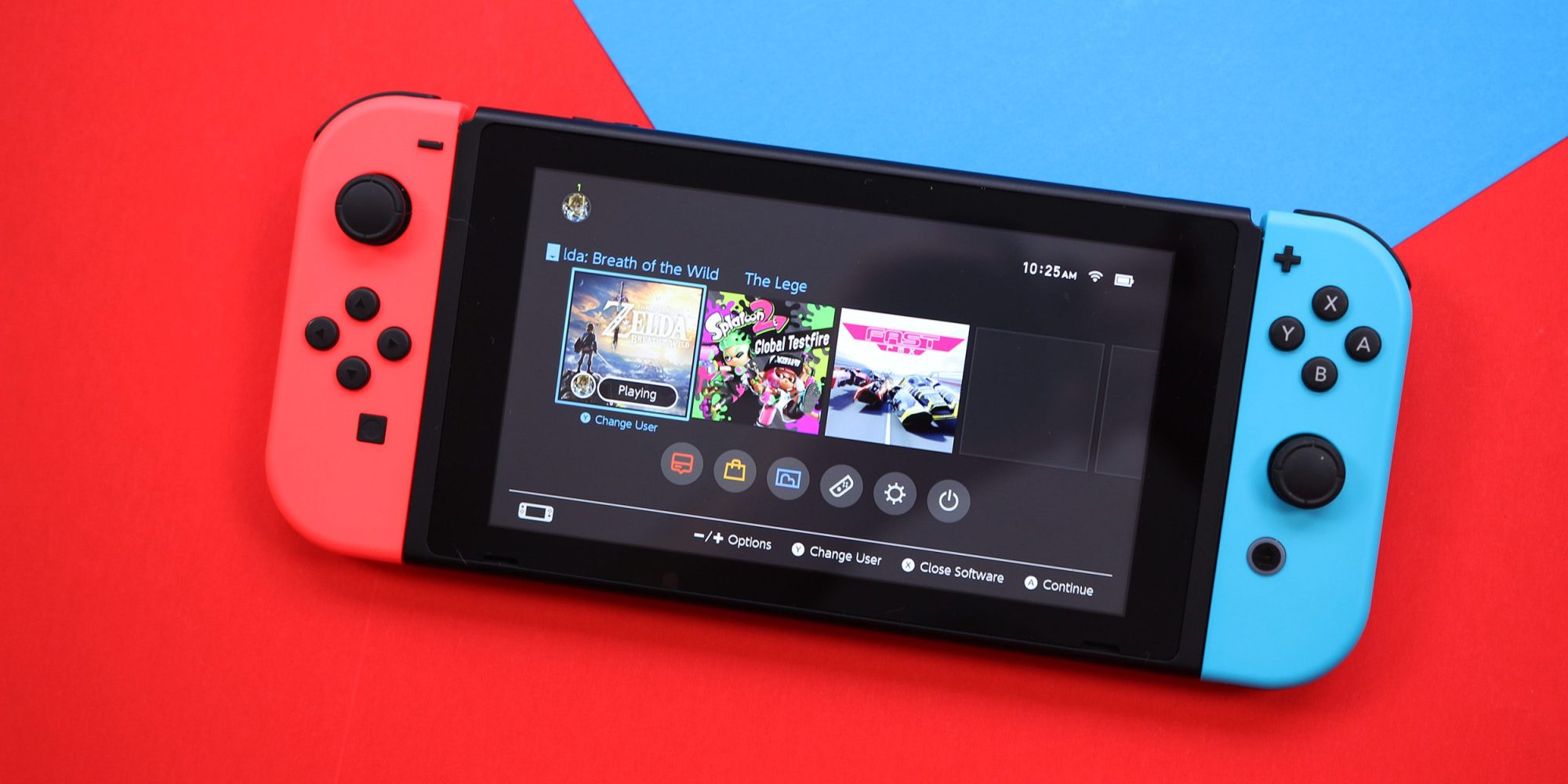
This could be considered with the Xbox, if we take into account that the Apple TV will pull even demanding "console" games, which it won't. The second problem is that even though iPhones have great performance, there are no games in the App Store that can use its full potential. At the end of the hearing, the judge stated that her decision on the matter may take some time, as she is very burdened by it. Anyway, her last words to Cook were: "It doesn't seem to me that you have strong competition or feel any incentive to accommodate developers." And this may indicate her clear attitude.
 Adam Kos
Adam Kos 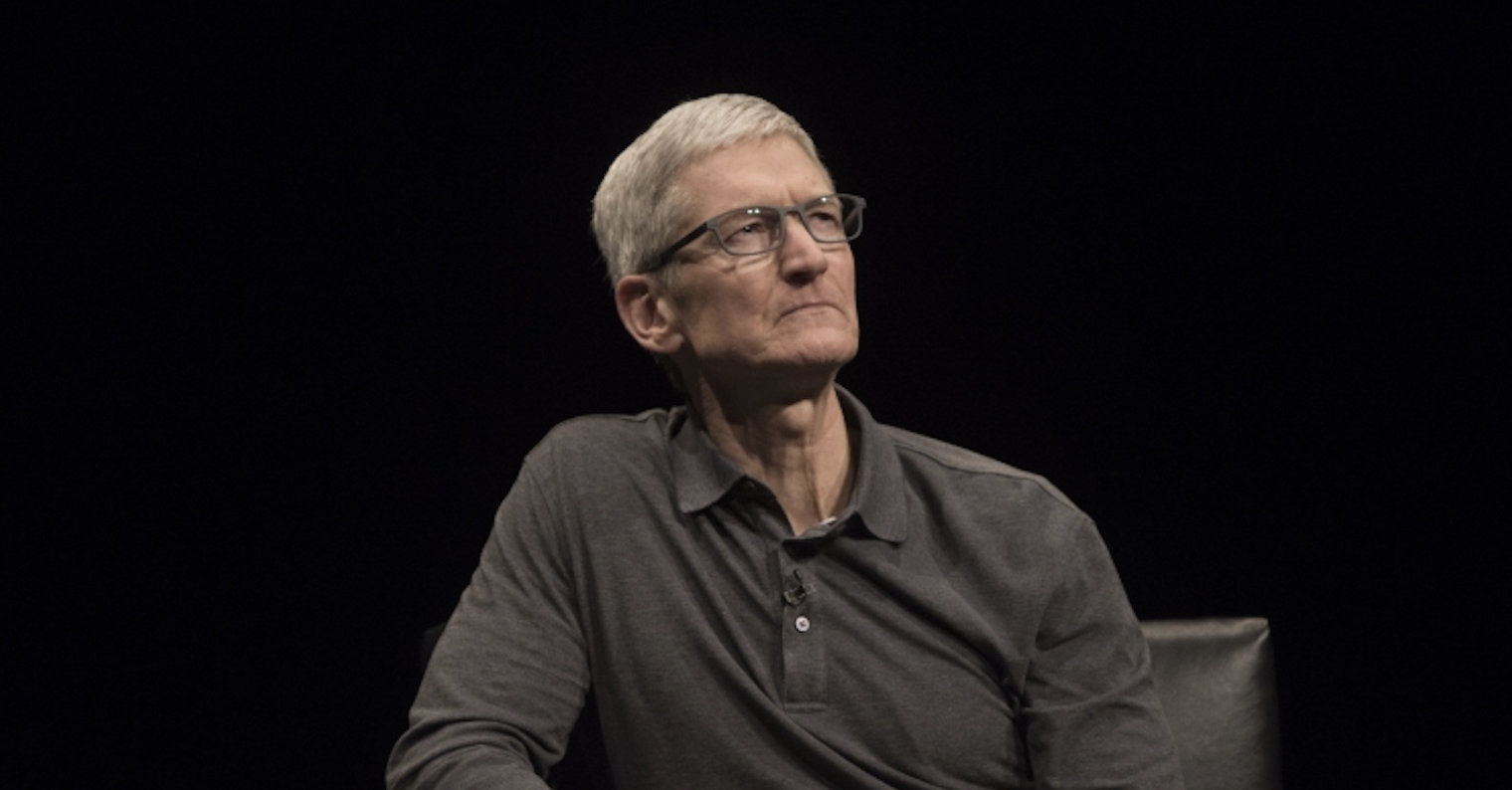
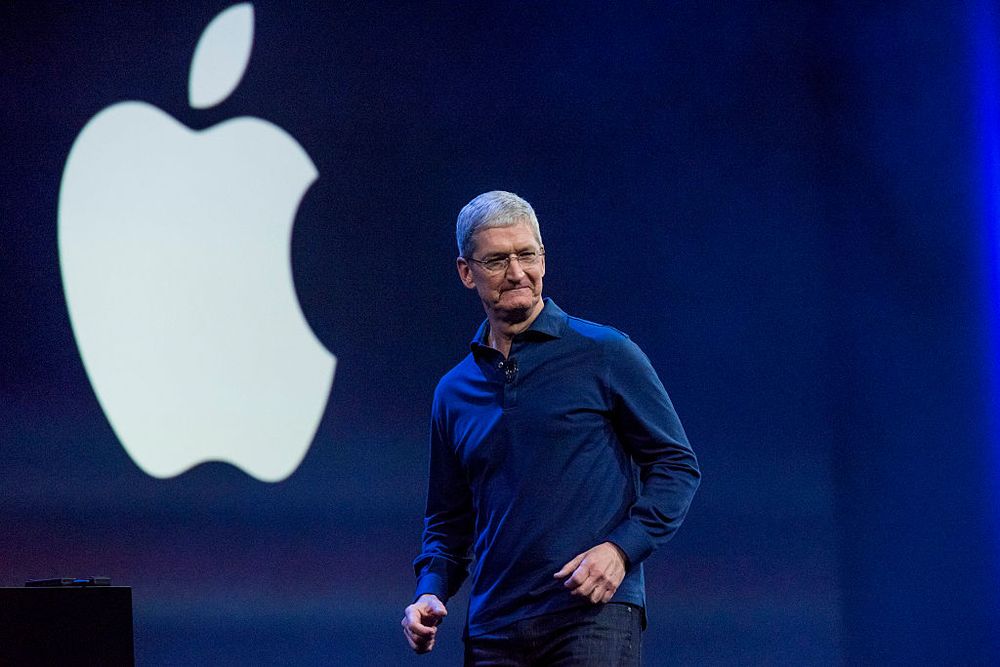
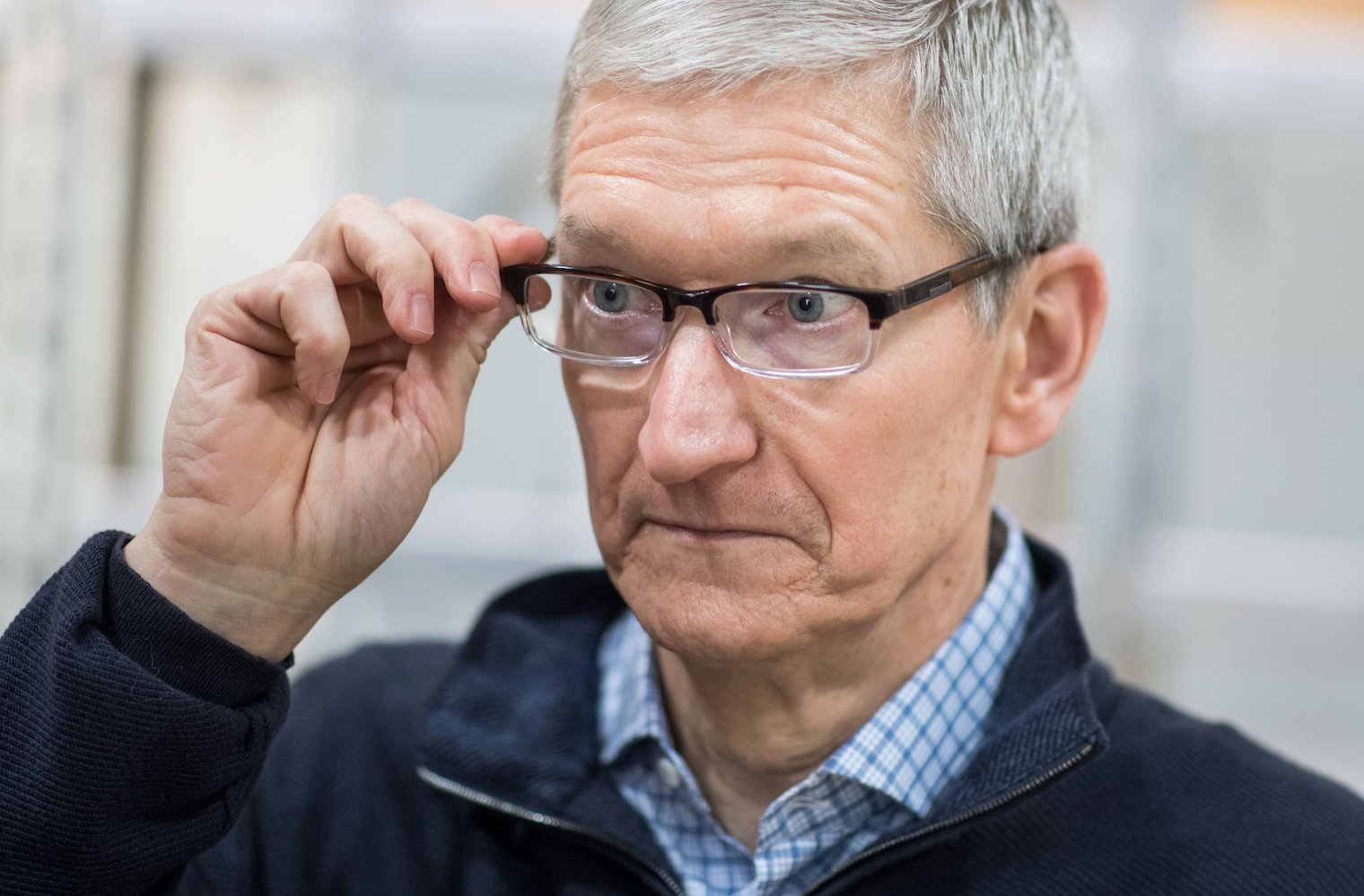
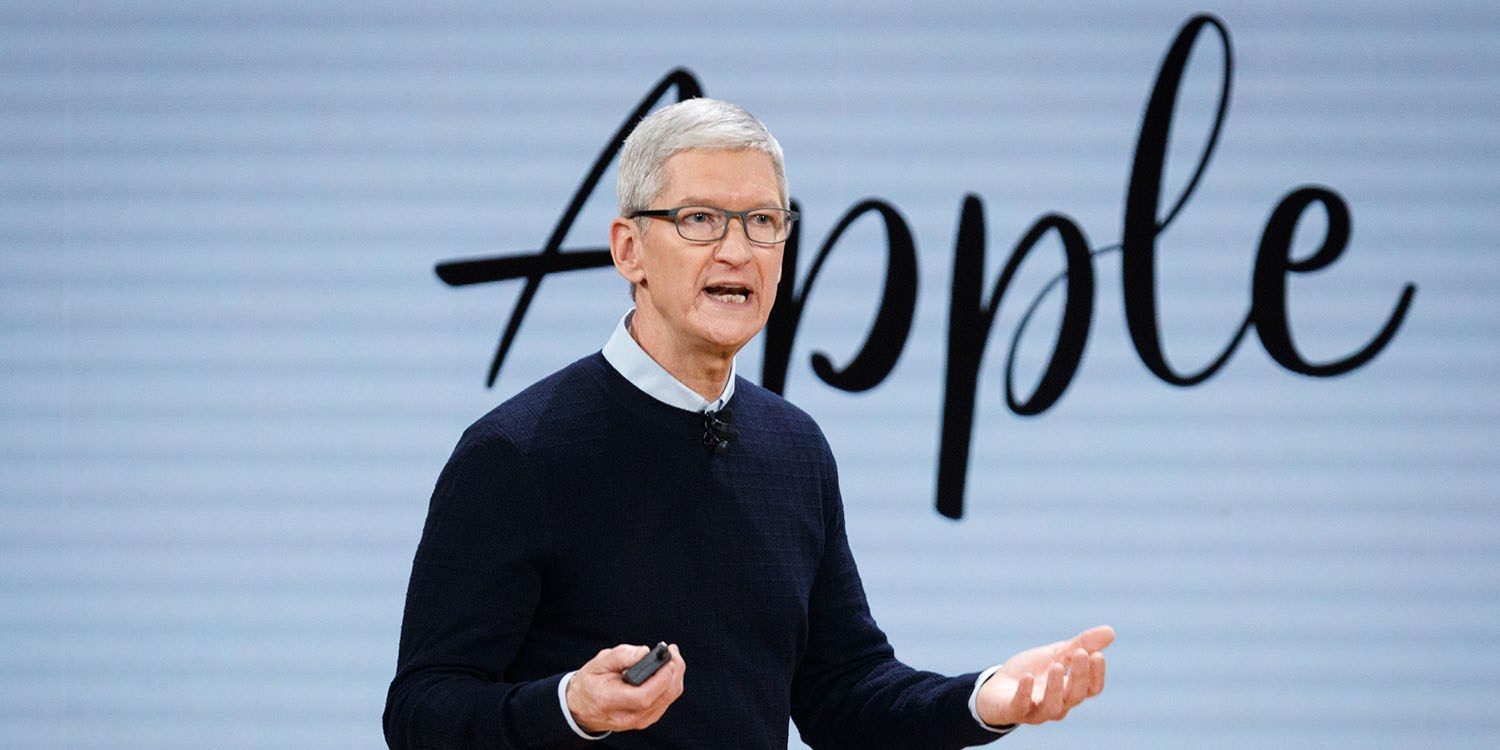

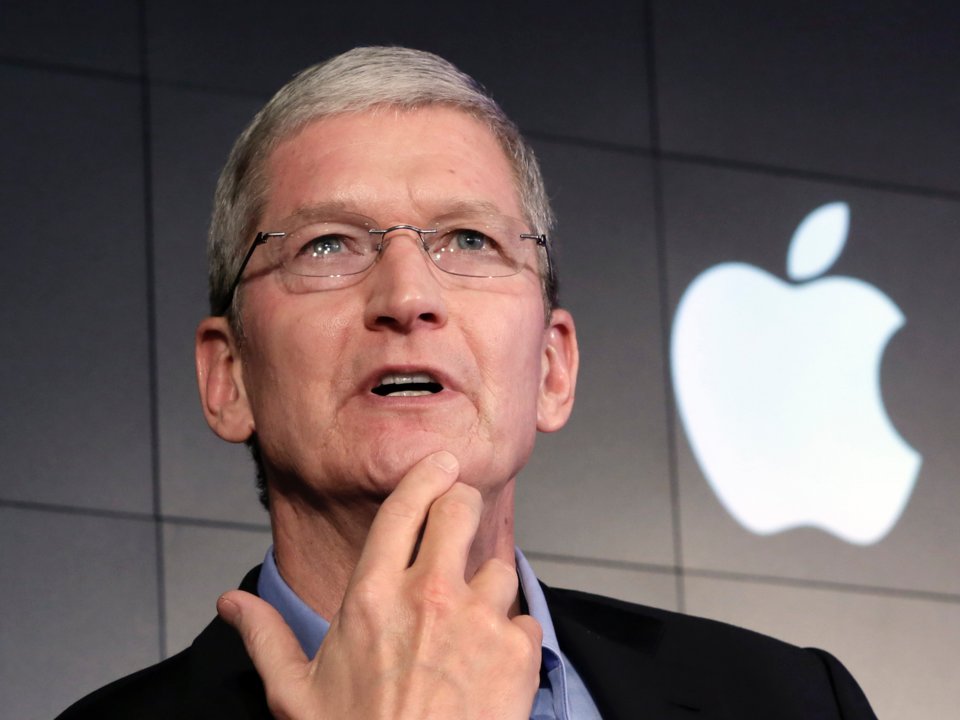

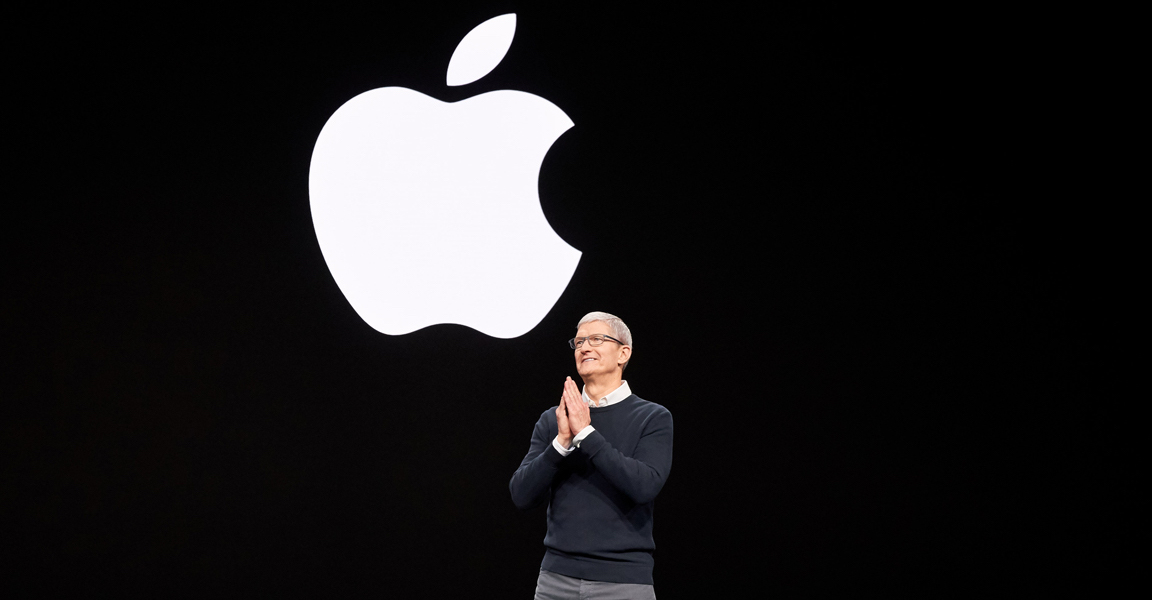
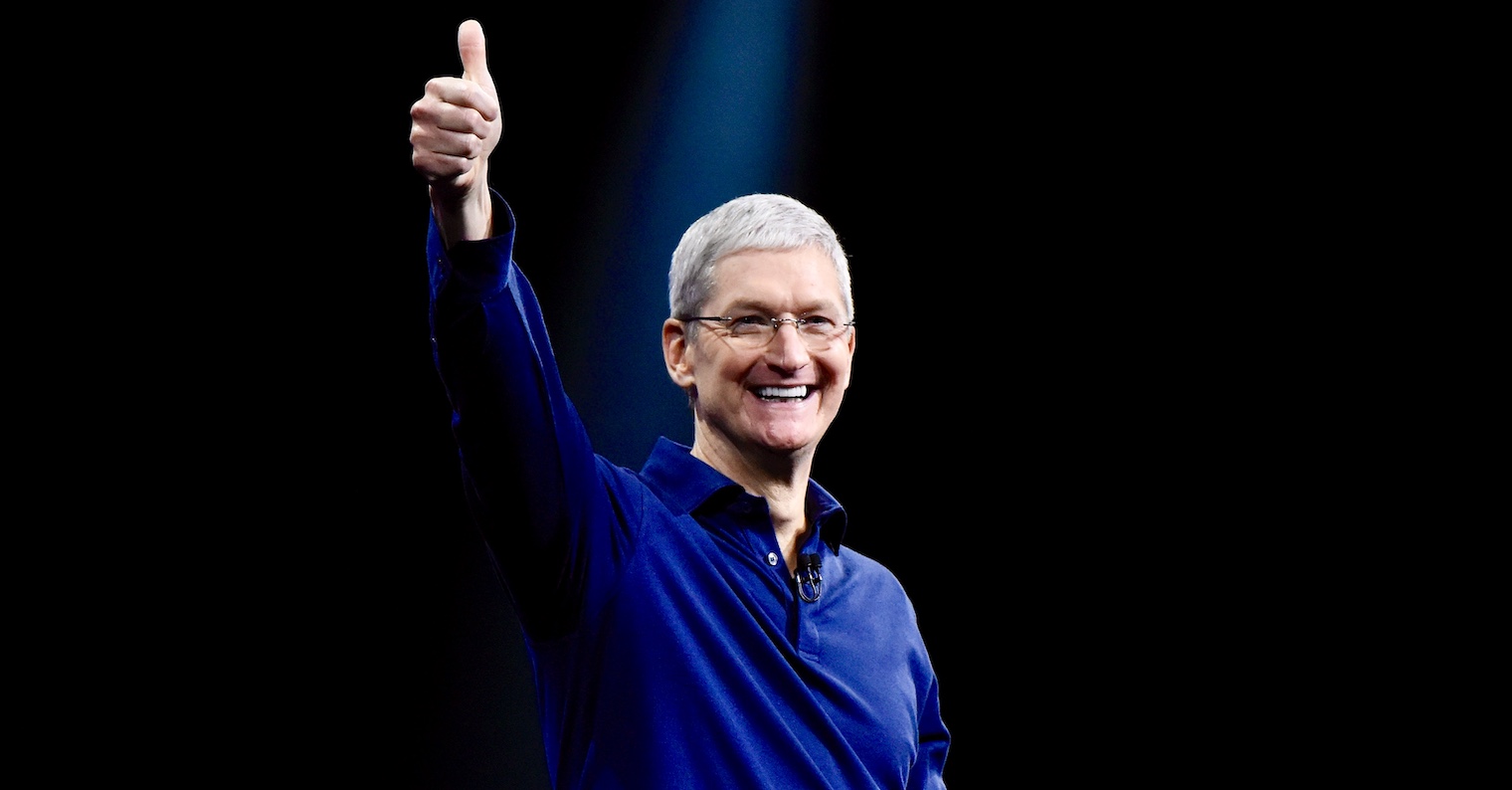

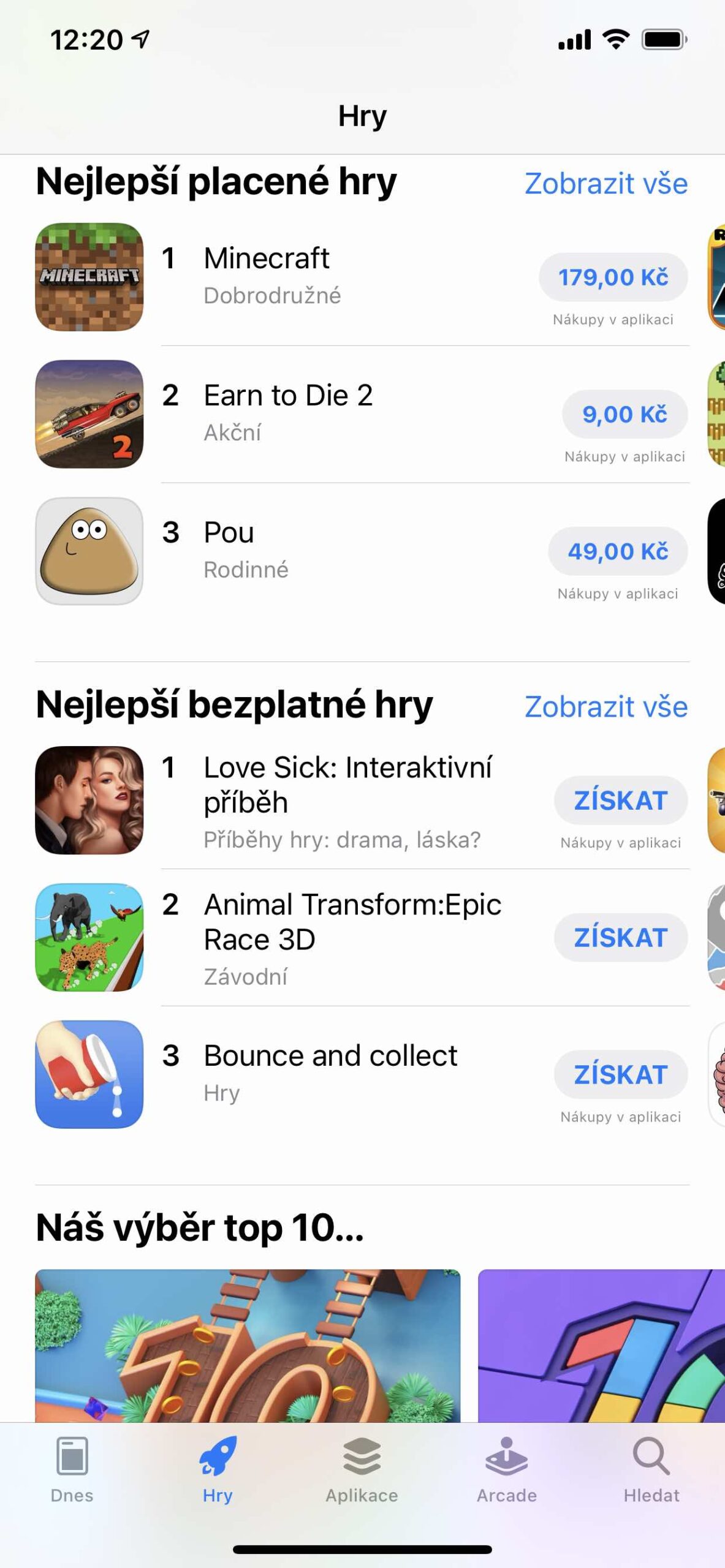
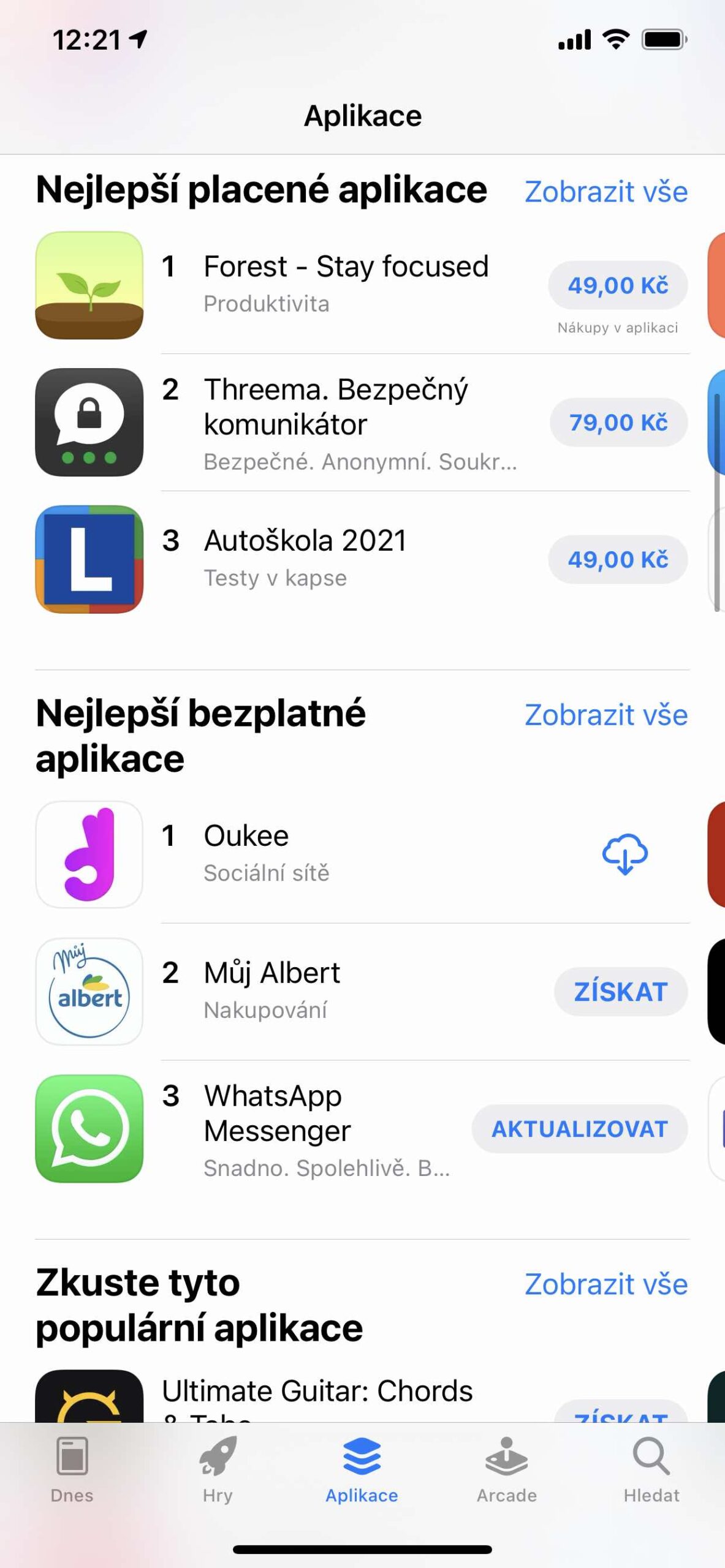
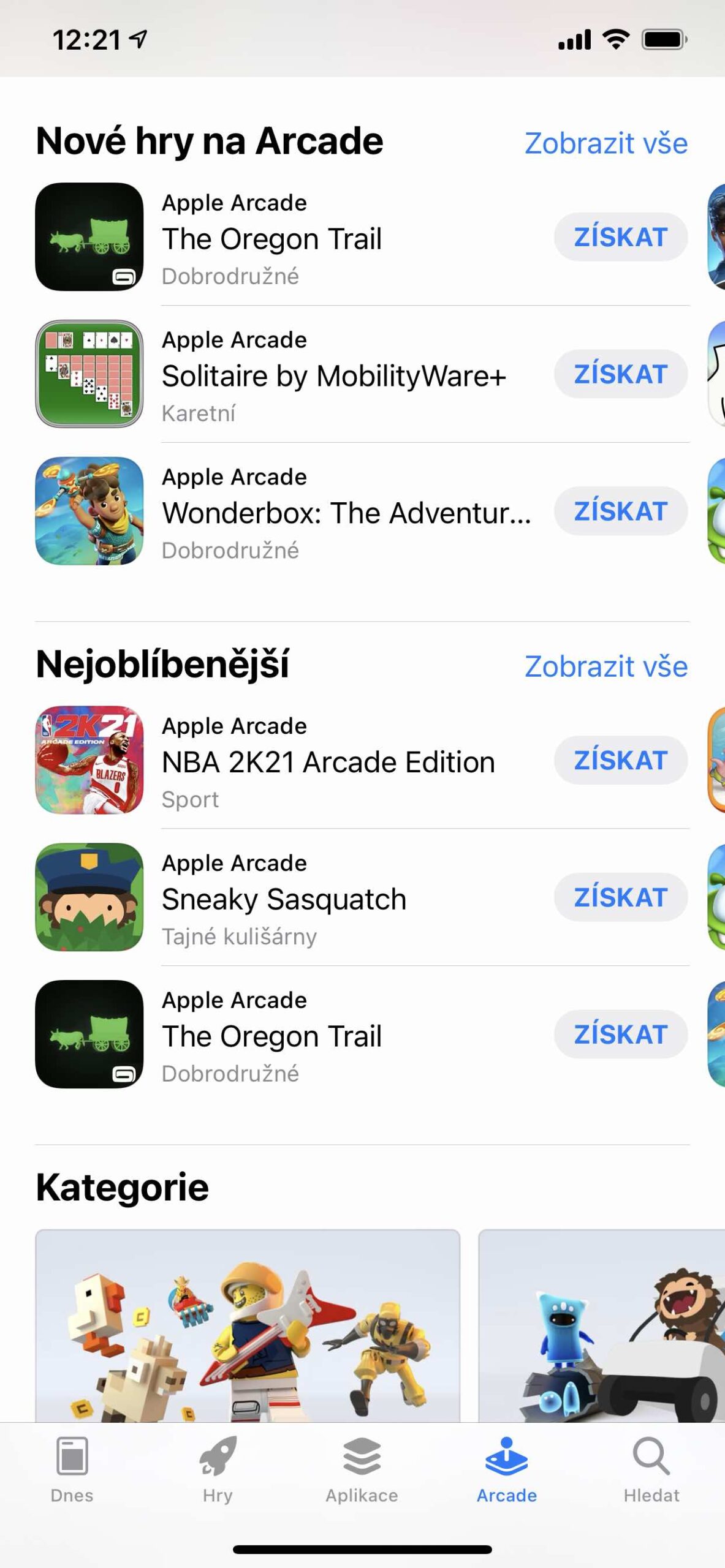
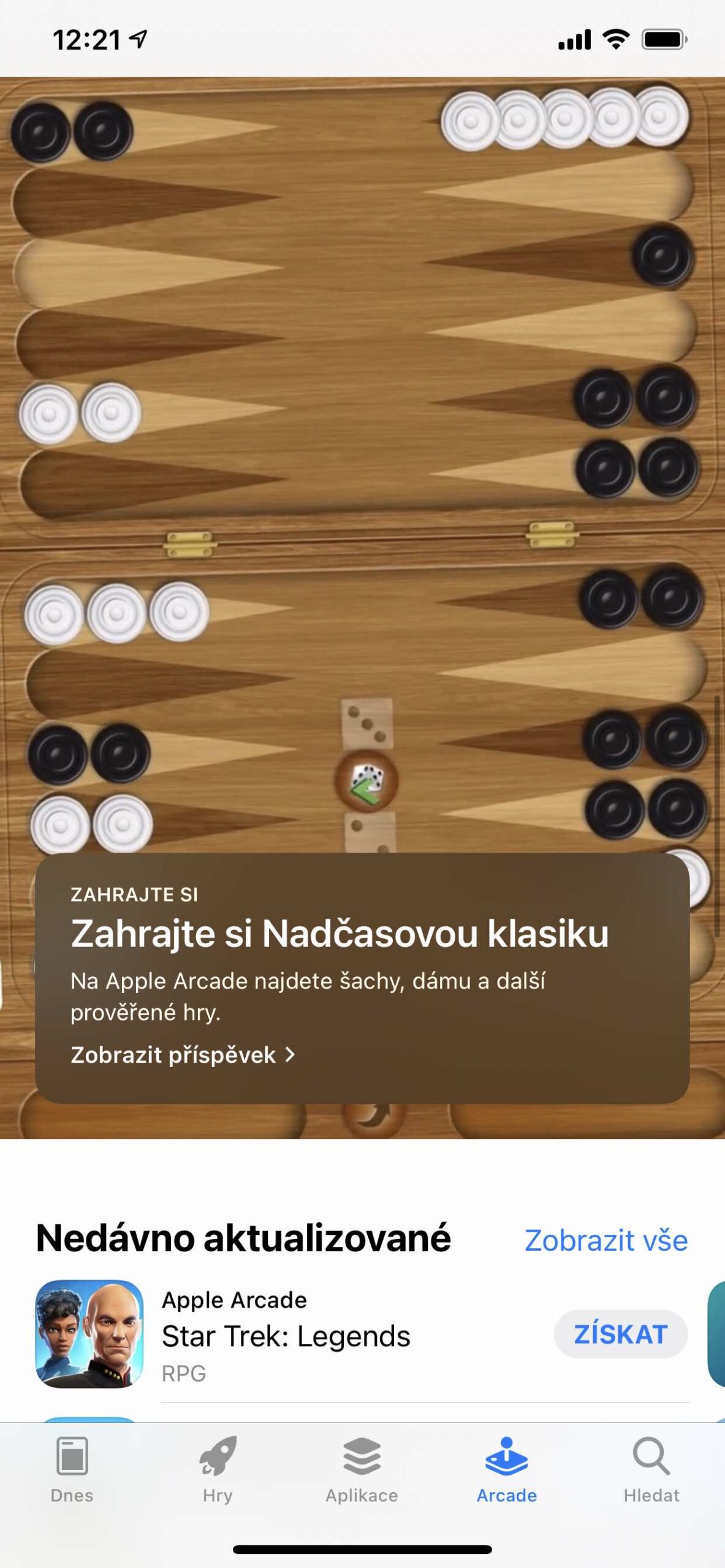
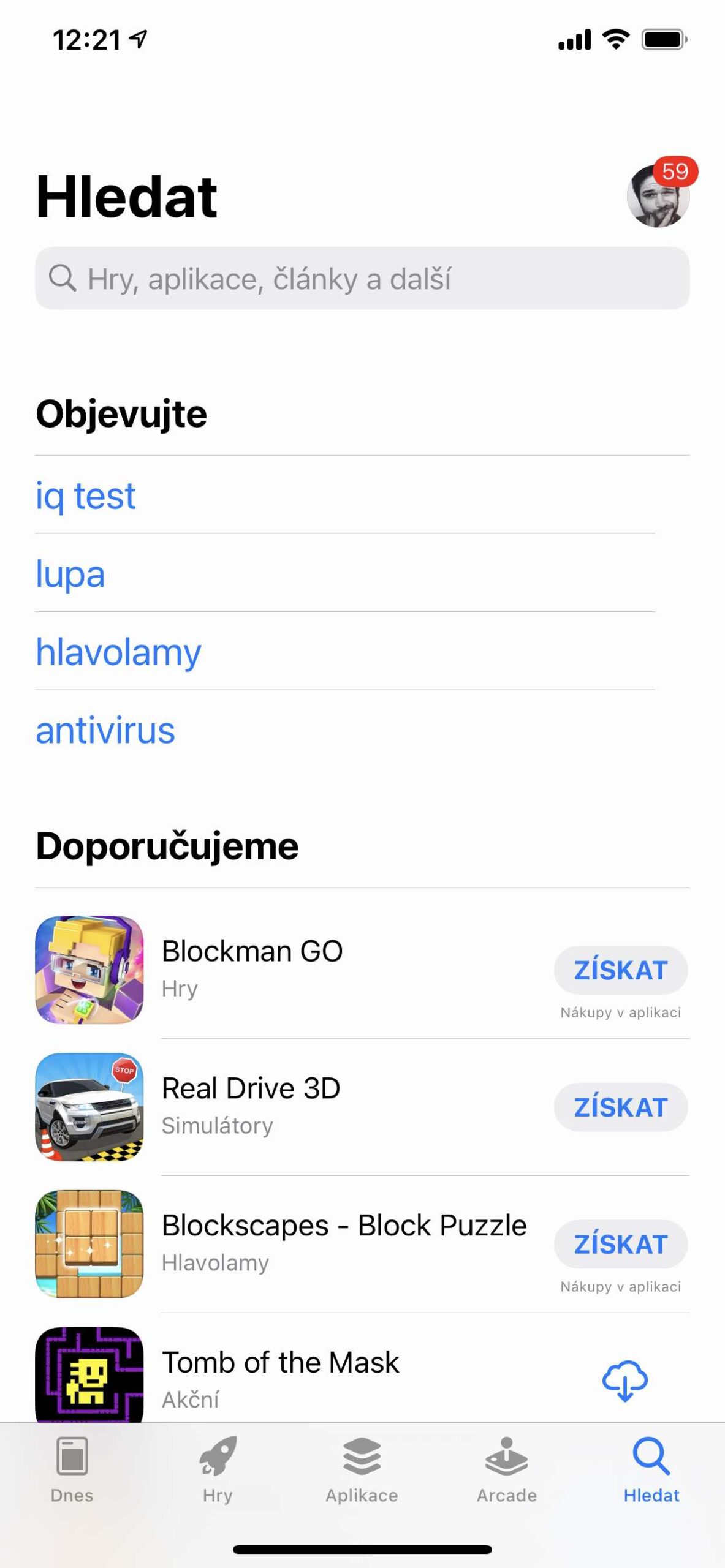
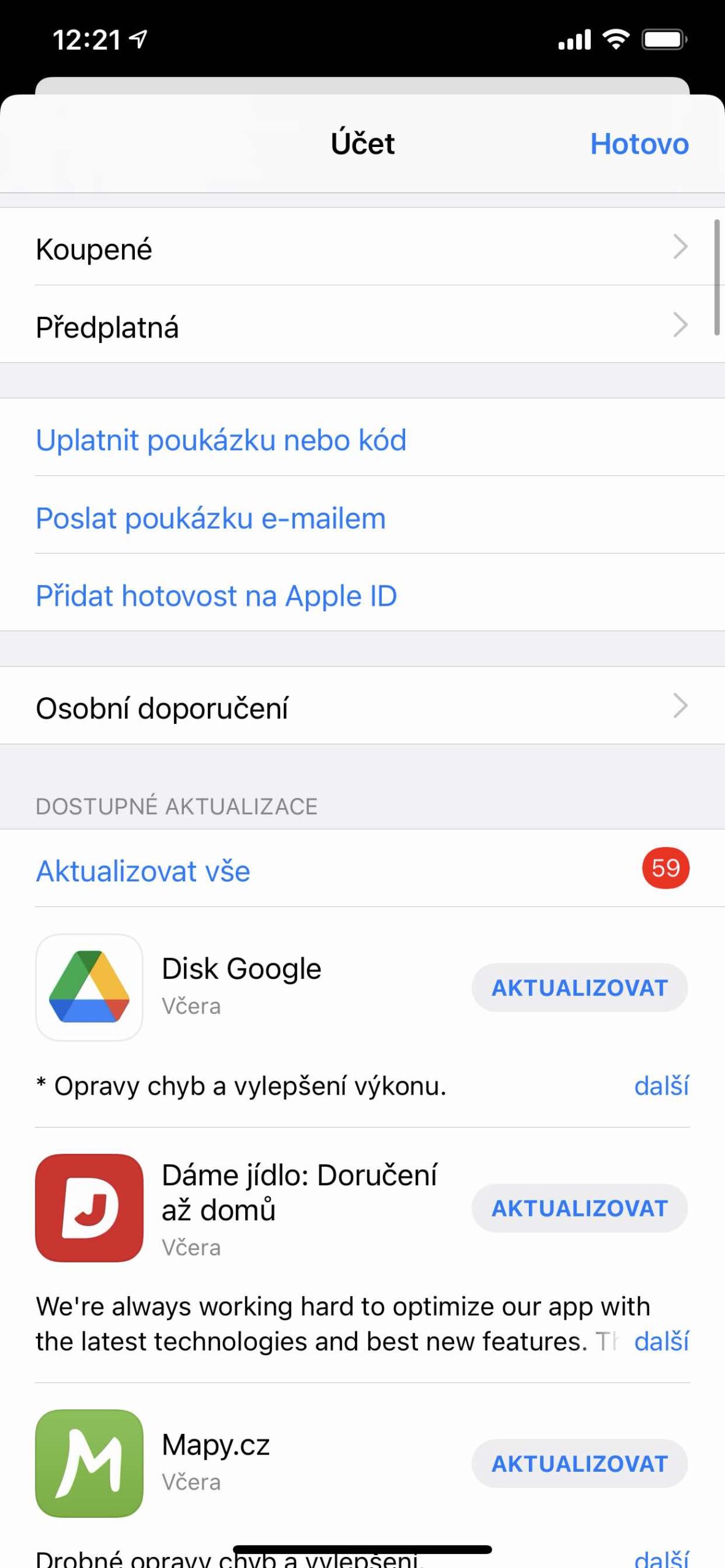
Well, it will still be interesting. Anyway, I bet that if Apple allowed what the developers want from it, then people would be cursing again that there are various frauds and the like, and in America some scheming lawyer would surely sue them again, as is the good practice there, so it probably won't be an easy way out of it. Anyway, if it goes through, then Epic will definitely go further against Xbox and Playstation and this will be a very dangerous precedent.